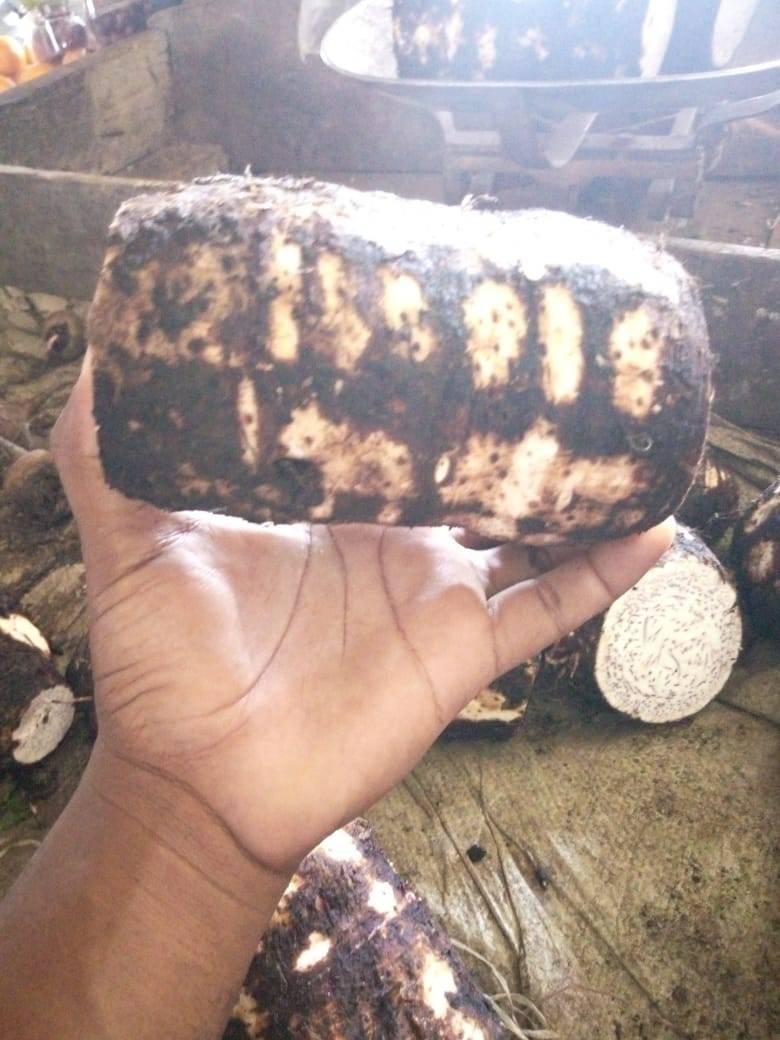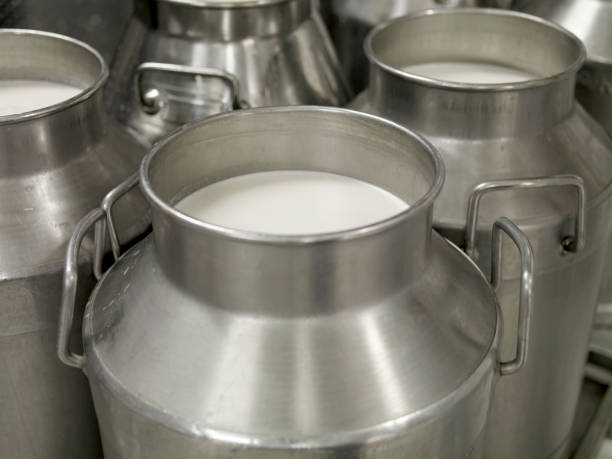
By George Munene
The National Assembly's Committee on Agriculture— which controls Kenya's fisheries policy— has confirmed its plans to ban fish imports from China in a move aimed at protecting local fisheries and fishermen.
“I don’t see why we should import from China when we have enough fish in the country. There is a lot of potential in our waters, we must capture it,” said Silas Tiren, head of the committee.
The value of Chinese fish imports into Kenya fell from Sh2.2 billion in 2019 to Sh1.5 billion last year owing to disruptions in fishing activities and its movement caused by the Covid-19 pandemic. China however still accounted for 70 percent of the country's fish imports.
Related News: Mbita start-up reduces fishing costs by 25% with electric boat
Related News: Farmers rearing catfish in 3 x 4M greenhouse yield tonne in 9 months
Local fishmongers have turned to Chinese fish imports as they are often cheaper than locally caught fish. A kilogram of Kenyan fish sells for up to Sh400, while a similar cut of Chinese imported fish costs about Sh250.
Kenyan lawmakers have accused China and other foreign countries of fishing from Kenyan waters and later selling the fish back to Kenyan consumers impoverishing local fishers.
Kenyan fishermen are contending with a drop in the numbers of fish in major natural fishing grounds and a proliferation of foreign-owned fishing vessels on the country's shores. In Lake Victoria, fish numbers have been on a steady yearly decline. In 2020, the number of fish caught dropped from 90,000 to 86,000 metric tonnes. Lake Naivasha fish numbers have dropped by over 60 per cent over the last few months owing to overfishing, illegal fishing, and cold weather.
Related News: KMFRI develops 13 new fish products and farmer training
According to Global Fish Watch, between May and August fishing vessels mainly from Italy, China, Taiwan, and Hong Kong recorded about 50,000 hours of fishing on Kenyan shores. These industrial fishing vessels leave slim pickings for local artisanal fishermen.
Per the Kenya Marine and Fisheries Research Institute (KMFRI), Kenya produces 120,000 tonnes of fish against an annual demand of 700,000 tonnes.
Write comment (0 Comments)
















